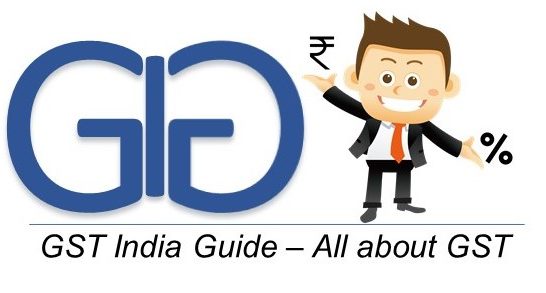Addressing Petrotech 2016, Hamad Mubarak Al Muhanndi, the chief executive officer of RasGas said, “Introduction of GST in India must be applauded, but we must ask why LNG and natural gas are excluded from the GST while some fuels like LPG (liquefied petroleum gas) and naphtha are included.” RasGas is one of the largest LNG suppliers to India and is a supplier to Petronet LNG Ltd’s Dahej terminal.
While products like kerosene, naphtha and LPG will be under the ambit of GST, products like crude oil, natural gas, aviation fuel, diesel and petrol have been excluded. This may lead to a dual tax regime for petroleum sector making compliance difficult for the companies and may also increase costs for oil companies.
The government is planning to implement GST from April 1, 2017. However, it has to roll out GST before September 2017 as the existing indirect taxes regime will come to an end by then. The next meeting of the Council is set to be held on December 11 and 12. The GST council will have to formalise the model GST, Integrated GST (IGST) and compensation laws. GST has four supporting bills, which includes central GST (CGST), state GST (SGST), compensation for revenue losses to states and integrated GST (IGST). Other than SGST, the other three bills need Parliament nod.
Meanwhile, Muhanndi added that India is ill-equipped to transform itself into a gas-based economy due to lack of proper infrastructure. Muhannadi added that India needs more LNG terminals to unlock demand and the country is set to become the world’s second-largest spot and long-term LNG buyer this year.

